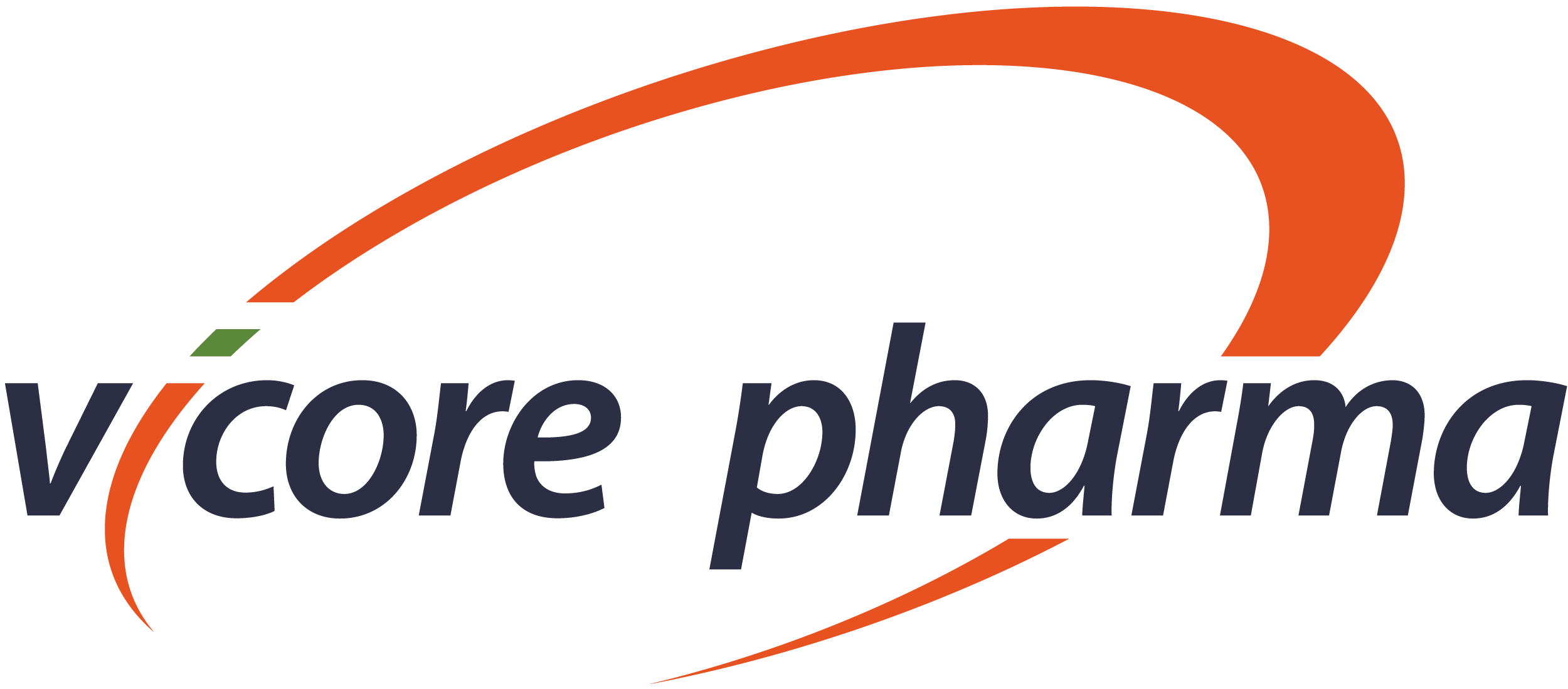Bifogade filer
Prenumeration
Beskrivning
| Land | Sverige |
|---|---|
| Lista | Mid Cap Stockholm |
| Sektor | Hälsovård |
| Industri | Bioteknik |
Intresserad av bolagets nyckeltal?
Analysera bolaget i Börsdata!
Vem äger bolaget?
All ägardata du vill ha finns i Holdings!
Stockholm, January 29, 2025 - Vicore Pharma Holding AB (STO: VICO), unlocking the potential of a novel class of drugs, angiotensin II type 2 receptor agonists (ATRAGs), today announced that the United States Food and Drug Administration (FDA) has granted Fast Track designation to its lead candidate buloxibutid, recognizing its disease-modifying potential for the treatment of idiopathic pulmonary fibrosis (IPF).
“Fast Track designation marks an important step in expediting the development of buloxibutid for the treatment of IPF,” said Ahmed Mousa, Chief Executive Officer of Vicore. “This milestone reflects the potential of buloxibutid to offer significant improvement over existing treatments and to make a meaningful impact on IPF patients’ lives. We look forward to working closely with the FDA to support the development of buloxibutid and to make it available to those suffering from this devastating disease as quickly as possible.”
Buloxibutid is a first-in-class angiotensin II type 2 (AT2) receptor agonist that activates an upstream mechanism to drive alveolar repair, resolve fibrosis, and promote pulmonary vascular function.
Fast Track designation is designed to expedite the development of drugs that address unmet medical needs in serious or life-threatening diseases. This designation underscores the potential of buloxibutid to offer a significant improvement over existing treatments, as demonstrated by available clinical and non-clinical data. Vicore plans to leverage the benefits of Fast Track designation which include more frequent communications with FDA as well as the potential for Accelerated Approval and Priority Review.
The Phase 2b ASPIRE trial to assess the safety and efficacy of buloxibutid in patients suffering from IPF is now enrolling. More information can be found at www.clinicaltrials.gov (identifier: NCT06588686) and at http://www.aspire-ipf.com/.
For further information, please contact:
Megan Richards, VP of IR, Communications, and Portfolio Strategy, tel: +1 978 269-4372, megan.richards@vicorepharma.com
Hans Jeppsson, CFO, tel: +46 70 553 14 65, hans.jeppsson@vicorepharma.com
About Vicore Pharma
Vicore Pharma Holding AB is a clinical-stage pharmaceutical company unlocking the potential of a new class of drugs with disease-modifying potential in respiratory and fibrotic diseases, including idiopathic pulmonary fibrosis (IPF). The company’s lead program, buloxibutid (C21), is a first-in-class oral small molecule angiotensin II type 2 (AT2) receptor agonist, which has received Orphan Drug and Fast Track designation from the United States Food and Drug Administration (FDA) and is currently being investigated in the global 52-week Phase 2b ASPIRE trial in IPF.
The company is publicly listed on the Nasdaq Stockholm exchange (VICO). www.vicorepharma.com
About Idiopathic Pulmonary Fibrosis (IPF)
IPF is a progressive, lethal fibrotic lung disease impacting approximately 250,000 people across the United Sates and Europe. The average life expectancy following diagnosis is just 3-5 years, and currently there is no cure for IPF. While there are two anti-fibrotic therapies available today, a large proportion of patients choose not to initiate treatment, and those who do often discontinue due to limited efficacy and significant tolerability issues. With a growing patient population, there is a clear need for new disease-modifying treatments.
About the Phase 2b ASPIRE Trial
ASPIRE is an ongoing global 52-week Phase 2b, randomized, double-blind, placebo-controlled, parallel-group clinical trial designed to assess the efficacy and safety of buloxibutid in IPF patients who are either not currently on treatment or receiving background nintedanib standard of care. Participants are randomized to receive one of two doses of buloxibutid (100 mg or 50 mg taken orally twice daily) or placebo. The primary endpoint is change from baseline in forced vital capacity (FVC), the registrational endpoint for IPF. Secondary endpoints include safety, tolerability, and the proportion of patients with disease progression over the trial period. The trial will enroll 270 patients from over 90 sites across 14 countries, including the United States.

